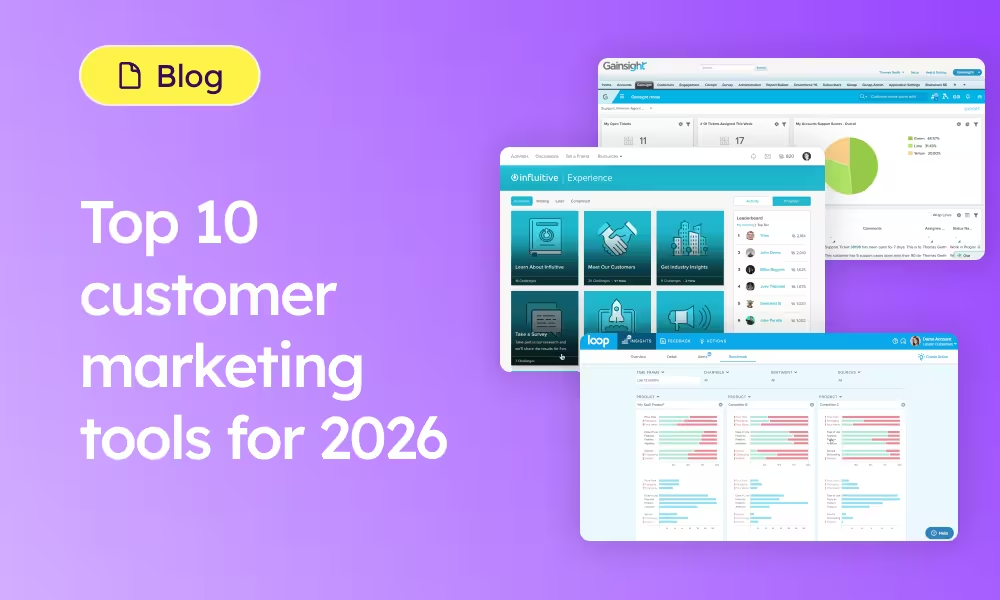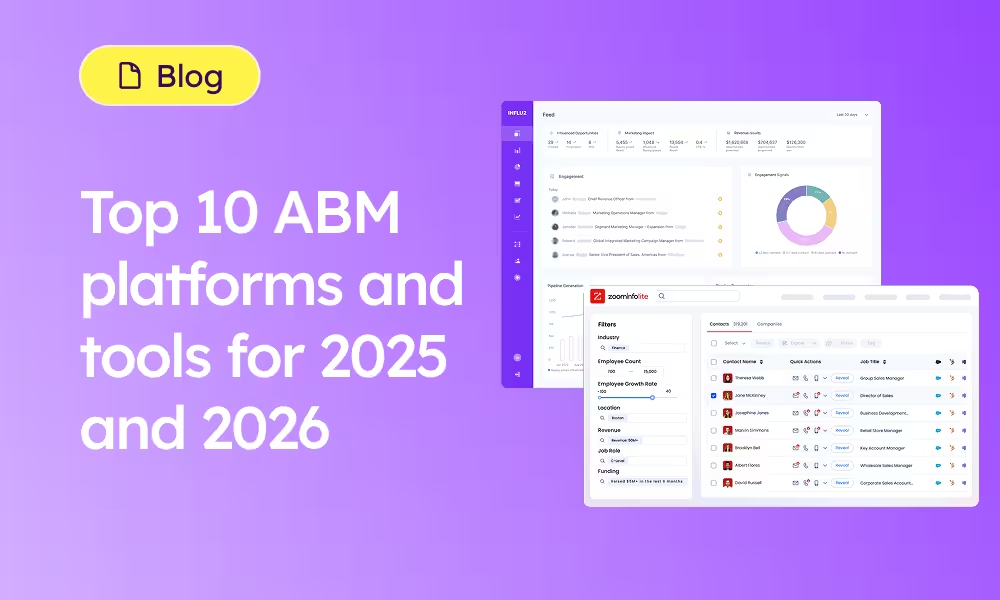One powerful platform for ROI-driven corporate gifting, swag, and engagement at scale.
You’re an ambitious marketing leader who wants to make an impact. You’re all too aware of the gloomy economic climate worldwide, but you’ve got a new strategy or solution in mind that you’re confident will help your company weather the storm.
Yet depending on the dynamic you have with your CFO, discussing budget for your new initiative can be a nerve-racking experience.
This anxiety is understandable to an extent. As budgets are scaled back, the stakes feel higher – in November 2022, nearly half of US marketers cut their spending in response to the downturn, while in the UK, 74% of CMOs said they had either seen, or were facing, cuts to their marketing budgets.
Plus, if your company doesn’t actively encourage clear communication between its different departments, then tensions and misconceptions are bound to arise, which may further dissuade you from collaborating with your CFO.
While it’s tempting to succumb to our preconceived notions, the truth is, unless you make a concerted effort to connect with your CFO, you’ll never know how these interactions will go. To help you put your best foot forward, we’ll outline four essential topics your CFO will want to cover when discussing budget.
Efficiency
This is the word on everyone’s lips in 2023 – not least within finance teams. In response to a Q3 2022 survey, 58% of CFOs listed cost optimization as one of their top three priorities for the months ahead. Meanwhile, 31% of SaaS companies are exploring ways to control costs and achieve outcomes with fewer resources.
When discussing budget, your CFO will appreciate insights into how your proposed tool or solution will help the business to close more sales with less spend and achieve more with fewer teammates.
Cost
Breaking news: CFOs are interested in money!
Okay, this isn’t exactly a revelation. But costs aren’t always straightforward, and your budget discussion could involve different types of expenses. It’s important to understand these in detail and how they may apply to your project before speaking with your CFO.
Here are some of the types of cost to look out for:
Reallocated budget
If you’re requesting reallocation of existing budget, rather than incremental budget, be sure to confirm this early on as it’s generally easier for your CFO to approve.
Fixed or variable costs
If you’re proposing the adoption of a new tool or solution, you must provide your CFO with a clear picture of how much you’re planning to spend as well as a timeline of when you’re planning to spend this amount.
Cost of inaction
Can your organization afford not to pursue this solution? Point to examples of competitors who have either achieved impressive results following the same strategy or suffered losses as a result of inaction.
Results
There’s an element of risk in every investment, especially in times of economic uncertainty. If your CFO is going to take a leap of faith with you into the unknown, your project’s goals, success metrics, and estimated ROI need to serve as the light at the end of the tunnel.
Of course, the intended impact of your project won’t necessarily be financial, so be prepared to explain the qualitative and quantitative benefits in detail.
The quantitative benefits of your proposal can be measured in monetary units or rates of change, such as projected ROI. For example, Reachdesk is the only gifting platform that guarantees 5X ROI on pipeline generated in your first year.
Qualitative benefits are typically more conceptual. For example, the positive impact that a strategy could have on your brand, or how allocating a budget for a marketing team activity could improve morale.
These benefits are not typically measurable in an objective way, but your CFO will be keen to hear them to better understand how they can support your team.
Company goals
Your CFO manages the financial actions of the entire organization, so when you propose a new project, they’ll instinctively consider how it would fit into the bigger picture.
Before you sit down to talk about budget with your CFO, make sure to ask about their own goals, as well as the insights they’ve gained from working across the company. If you can articulate how your projects overlap with or feed into the company’s strategies and communicate the potential ROI, you'll be able to deliver a far more compelling case.
As a marketing leader, taking the time to align projects with company goals will only strengthen your understanding of the wider operational context. This will put you in a better position to identify key stakeholders, resources, or potential roadblocks and ensure your project runs smoothly.
Read our new guide, “Partners in growth: How marketing leaders can build stronger relationships with CFOs”, for more insights into this unique relationship plus tips for initiating more honest and productive conversations.






.jpeg)



